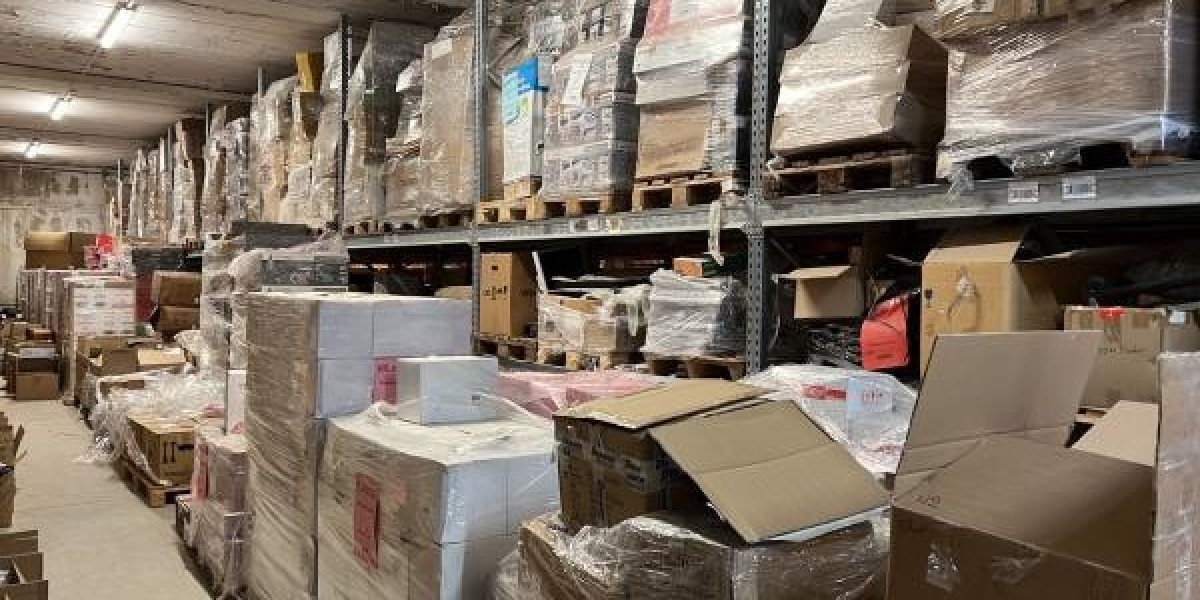The Circular Economy in Electronics is reshaping how we use and reuse electronic products. Instead of following the old “take, make, dispose” model, the circular economy promotes repairing, refurbishing, and reselling to extend product life and reduce waste. For resellers and wholesalers dealing with Restposten or Palleten Kaufen, this approach is both profitable and sustainable.
Understanding the Circular Economy in Electronics
The idea is simple — keep products and materials in use for as long as possible. In the electronics sector, this means refurbishing smartphones, laptops, or appliances instead of discarding them. Businesses that purchase Restposten or Palleten Kaufen already contribute to this system by giving unsold or returned products a second life through resale channels.
Why It Matters
Electronics waste is one of the fastest-growing waste streams worldwide. The Circular Economy in Electronics helps reduce this impact by promoting resource efficiency and sustainability. By repairing and reselling, companies can cut carbon emissions, recover value from excess inventory, and meet growing consumer demand for eco-friendly products.
This model is also good for business. Buying Restposten or Palleten Kaufen allows resellers to source branded electronics at lower costs, refurbish them if needed, and sell them to value-driven customers. It’s a win-win: less waste for the planet, more profit for businesses.
The Role of Resellers and Wholesalers
Resellers play a vital role in the circular economy by keeping products in circulation. Instead of new manufacturing, which consumes energy and raw materials, reselling refurbished or returned electronics helps minimize environmental impact. Companies that buy Restposten or Palleten Kaufen make this possible by sourcing bulk quantities of overstock, customer returns, or shelf-pulled items, then preparing them for resale through online or wholesale platforms.
How It Works in Practice
Many well-known brands now support trade-in or refurbishment programs. These collected items are tested, repaired, and often enter secondary markets where resellers buy them as Restposten or Palleten Kaufen deals. This not only extends product life but also ensures affordable access to quality electronics for customers worldwide.
Challenges and Opportunities
Despite its potential, the Circular Economy in Electronics faces challenges such as inconsistent quality standards and consumer skepticism about refurbished goods. However, as awareness grows and EU regulations promote sustainability, these barriers are fading. Businesses that prioritize transparent refurbishment and quality control are earning consumer trust and expanding faster than ever.
Conclusion
The Circular Economy in Electronics isn’t just about recycling — it’s about redesigning how we think about products. Companies that deal in Restposten and Palleten Kaufen are already at the heart of this movement, turning excess stock into opportunity while helping reduce global waste. By embracing the circular model, resellers not only build a sustainable business but also contribute to a cleaner, more responsible future.







